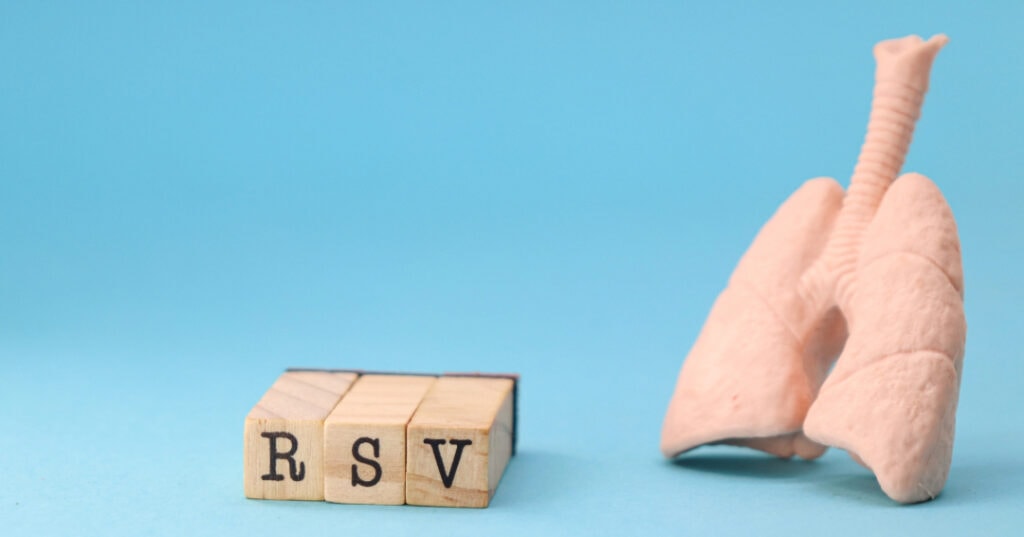
Respiratory Syncytial Virus (RSV) is a common respiratory virus that can cause serious illness in young children, especially infants and those with weakened immune systems. At Redwood Pediatrics, we aim to keep parents informed about RSV symptoms, signs, and effective prevention strategies. This guide will help you understand how to protect your child during the RSV season.
RSV Symptoms and Signs of RSV
Recognizing the symptoms of RSV is crucial for early intervention. Common signs of RSV include:
Mild Symptoms
- Runny nose
- Decreased appetite
- Coughing
- Sneezing
- Fever
- Wheezing
Severe Symptoms
- Difficulty breathing
- Rapid breathing or wheezing
- Blue color around the lips and fingernails (cyanosis)
- High fever
- Severe cough
- Difficulty feeding (in infants)
If your child exhibits severe symptoms, it’s essential to seek medical attention immediately.
How is RSV Spread?
RSV is highly contagious and spreads through:
- Direct Contact: Touching a person infected with RSV, such as through handshakes or hugs.
- Surface Contamination: Touching surfaces or objects contaminated with the virus, such as toys, doorknobs, and countertops.
- Respiratory Droplets: Inhaling droplets from a cough or sneeze of an infected person.
Prevention Tips: Protecting Your Child from RSV
While there is no vaccine for RSV, there are several steps you can take to protect your child:
- Practice Good Hygiene: Teach your child to wash their hands frequently with soap and water for at least 20 seconds.
- Avoid Close Contact: Keep your child away from individuals who are sick, especially during the RSV season.
- Clean and Disinfect: Regularly clean and disinfect frequently-touched surfaces and objects in your home.
- Limit Exposure: Avoid crowded places and limit your child’s exposure to large groups of people.
- Breastfeeding: If possible, continue breastfeeding to help boost your baby’s immune system.
Treatment for RSV
There is no specific antiviral treatment for RSV, but supportive care can help manage symptoms:
- Hydration: Ensure your child drinks plenty of fluids to stay hydrated.
- Medication: Use fever reducers and pain relievers like acetaminophen or ibuprofen to alleviate symptoms (consult your pediatrician first).
- Humidifier: Use a cool-mist humidifier to keep the air moist and help ease breathing.
- Rest: Encourage plenty of rest to help your child recover.
In severe cases, hospitalization may be required, where treatments could include oxygen therapy, IV fluids, or mechanical ventilation.
When to See a Pediatrician
If your child shows severe symptoms of RSV or has difficulty breathing, it’s crucial to seek medical attention immediately. At Redwood Pediatrics, our pediatric doctors are trained to diagnose and manage RSV effectively. Early intervention can prevent complications and ensure your child receives the care they need.
Worried Your Child is Struggling with RSV?
RSV is a significant concern for young children, but with proper precautions and timely medical care, you can protect your child from its severe effects. Recognizing RSV symptoms and signs of RSV early and understanding how it spreads are essential steps in safeguarding your child’s health. At Redwood Pediatrics, our dedicated team is here to support you through every season.
If you have concerns about RSV or need more information on prevention and treatment, request an appointment with Redwood Pediatrics today. Our experienced kids pediatricians are ready to help your child stay healthy and safe.



